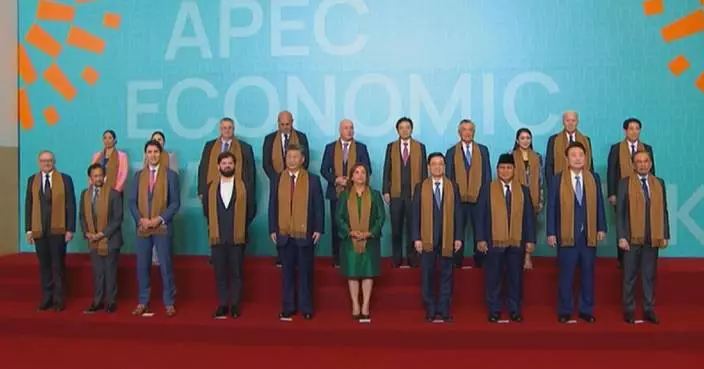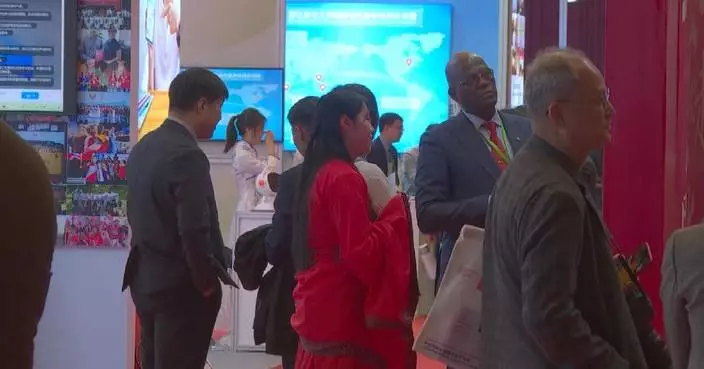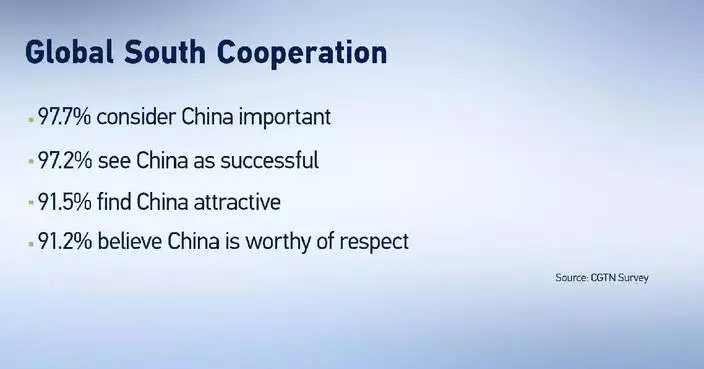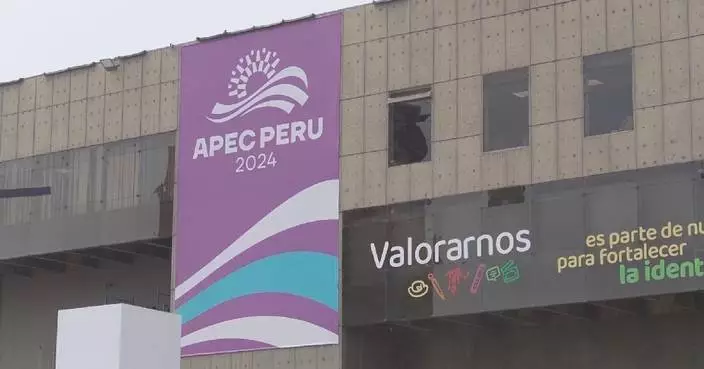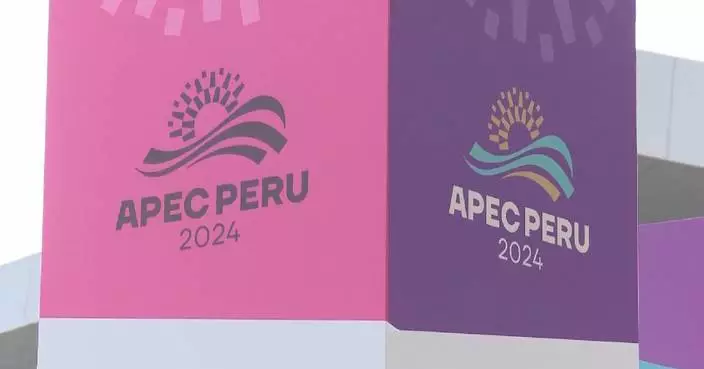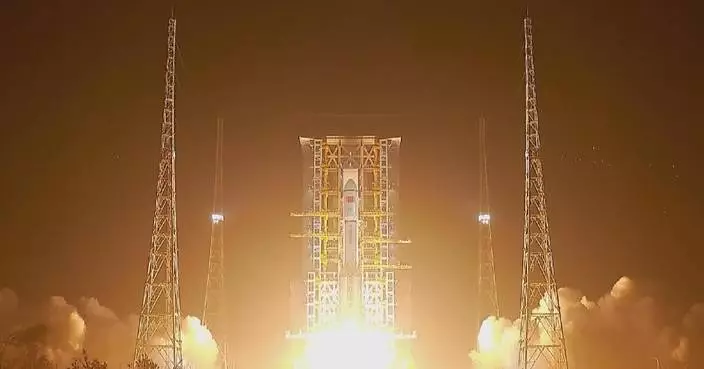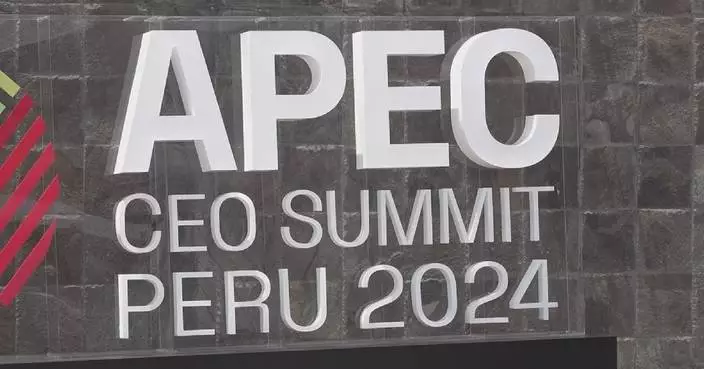A Chinese hybrid grass known as Juncao, literally meaning "mushroom grass", has significantly improved the life of a farmer in Rwanda, who has been exploring this innovative mushroom cultivation approach to support his family and benefit his community.
Mushimiyimana Leonidas, a Rwandan farmer and general manager of DEYI Co., a company dedicated to mushroom cultivation, used to eke out a living for himself and his family.
"My mother is in agriculture. So, she doesn't have enough means for helping us. At that time, I struggled for paying for the school fees at university, at the same time, looking at how I can help my brothers and sisters," he said.
Rwanda has a huge population but very limited land. The country's poverty rate stands at 37 percent, and malnutrition and a lack of food are long-term headaches haunting the country.
Due to inefficient agricultural development, local farming could only meet the family's basic needs.
Despite these tough conditions, Leonidas managed to complete his university studies, but he couldn't find a suitable job after graduation, making his dream of improving his family's living condition even more dim.
Fortunately, his challenges were addressed by Juncao, a hybrid grass developed by Lin Zhanxi from China's Fujian Agriculture and Forestry University in the 1980s.
In 2011, Lin led a Juncan technology team to Rwanda to work on projects designed to combat soil erosion and preserve arable land. The team introduced the technique of cultivating mushrooms using Juncao to local farmers, a method effectively getting many Chinese farmers out of poverty.
The Juncao technology also allows smallholder farmers to grow mushrooms from dried, chopped grass without cutting down trees and damaging the environment.
"I go back looking for them. So I start to learn more and more technology. I stared a business for producing mushrooms using Juncao," said Leonidas.
Leonidas' company now covers the entire value chain of Juncao, serving both local and regional markets. He explained that the soaring popularity of Juncao is due to how easy it is to grow.
After 10 years of hard work, Juncao has completely transformed Leonidas's life.
"We have a house to live. We have transport means. My kids, my four daughters. Two of them are in secondary school now," he said.
In efforts to contribute to Rwanda's poverty alleviation pursuit, Leonidas has established a school in his hometown to train young people and help them find employment.

Chinese hybrid grass technology help improve Rwandans' life
Chinese new energy vehicles (NEVs) have earned praise for their advanced technology and functionality, with these cars serving as the official vehicles at the 31st Asia-Pacific Economic Cooperation (APEC) Economic Leaders' Week in the Peruvian capital Lima.
Leaders, dignitaries, and representatives from 21 APEC member economies across the Asia-Pacific region, including China, the United States, and other major economies in Southeast Asia, have gathered in Lima for the week-long annual meeting, which is themed "Empower, Include, Grow".
In front of the main meeting venue in Lima, a fleet of 20 NEVs were mobilized as official shuttle vehicles for the event.
"Here, we put 20 vehicles, 100 percent electric, for transportation of the participants of APEC. We are working with that brand because we think they are very important for our operation, giving us technology and innovation," said Lorena Trelles Guzman, supervisor at the public relations department of Luz Del Sur, a leading Peruvian electricity firm.
Despite Peru's abundant mineral resources and diverse energy generation sources, NEVs are still a rare sight in the country. Concerns over electricity costs and potential risks have led to reluctance among the population to embrace these vehicles.
However, as official vehicles at the APEC meeting, China's NEVs have garnered attention, with many participants keen to learn more about these cars, which also received positive feedback from Peruvian drivers.
"This vehicle is comfortable and easy to drive. It's the most user-friendly vehicle I've driven. The button controls are simple, and I can view the navigation on the screen," said a Peruvian driver.
Roberto Emilio De La Torre Aguayo, president of the board of directors at the Peruvian Corporation of Commercial Airports and Aviation (CORPAC), emphasized the need to promote more people to transition to NEVs, especially Chinese-made ones, as part of efforts to improve infrastructure and make these vehicles more accessible to Peruvians.
"Currently, there are few NEVs in Peru, but we are working to promote this sector. China is our main partner, and we hope to attract more investment. We also need to build the necessary infrastructure to support NEVs," said De La Torre Aguayo.
The push for green-powered vehicles has also been given a boost by the newly inaugurated Chancay Port, a key project under the Belt and Road Initiative between China and Peru, where the first batch of goods from China has already arrived, including a shipment of NEVs that are expected to bring further benefits to Peru.
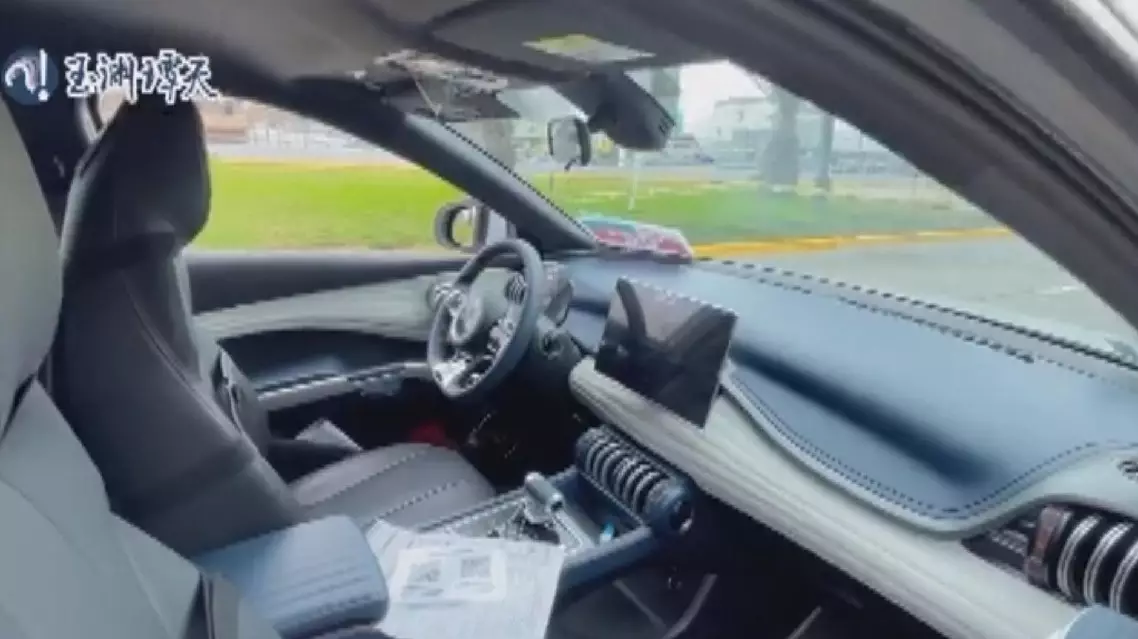
Chinese NEVs garner attention in Peru while serving as APEC official vehicles




